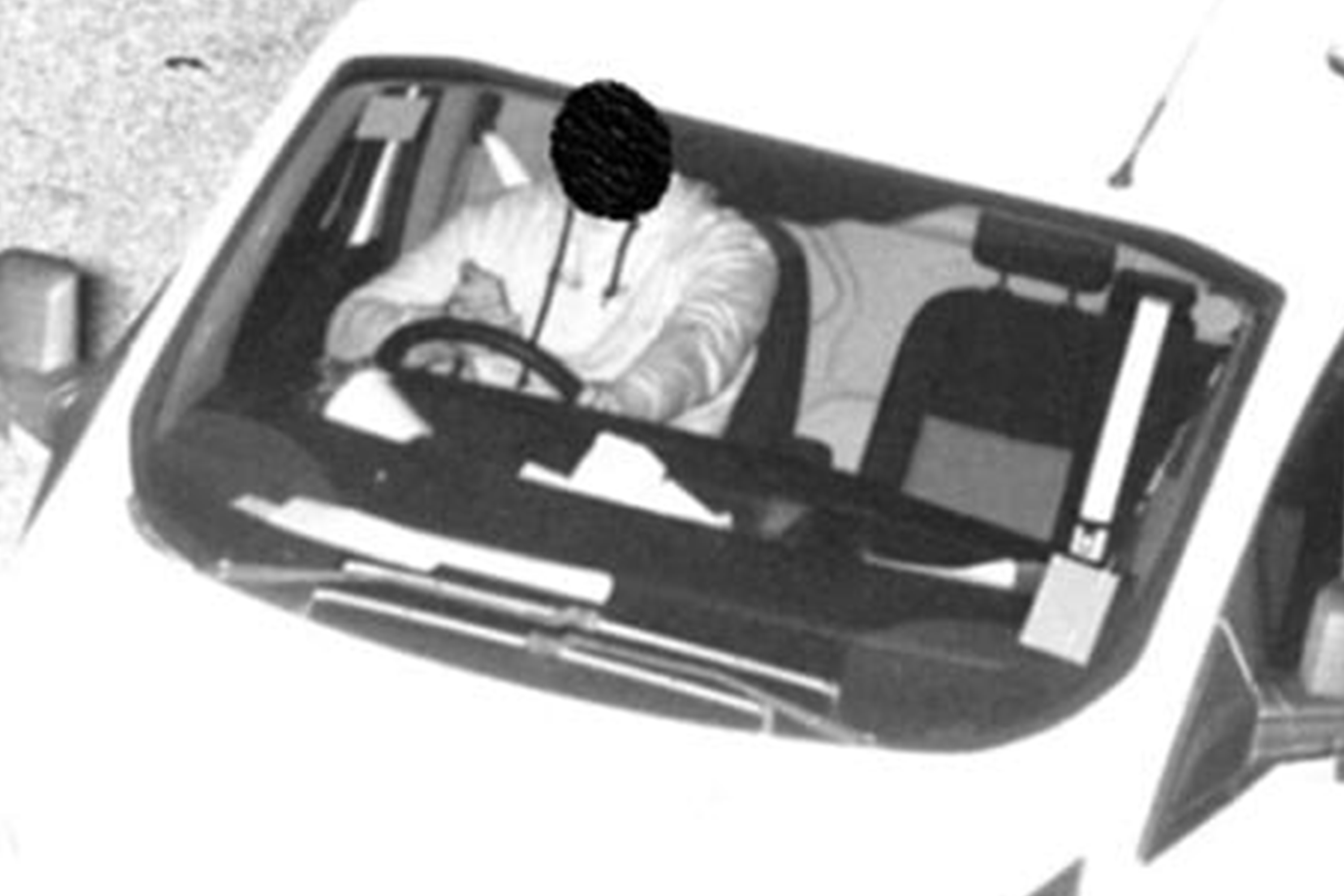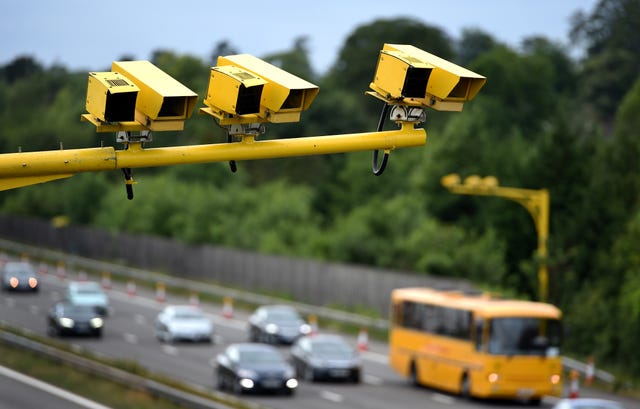Distracted driving convictions set to skyrocket thanks to new speed camera tech
A recent study of government statistics by road safety technology company Road Angel predicts that convictions for distracted driving are set to skyrocket as innovative speed cameras are rolled out across England and Wales.
According to the firm, the recently introduced Jenoptik Vector-SR safety camera uses infrared video and Artificial Intelligence (AI) technology to determine whether a driver is speeding, failing to wear a seatbelt or using a mobile phone behind the wheel.
After analysing a recent government study, Road Angel believes as many as 400,000 Brits could be caught and punished as authorities adopt the new tech.
In stark contrast to the ageing speed camera technology often found at the side of the road, the Vector-SR doesn’t require road markings to prove a vehicle’s speed, while infrared tech also negates the need for a flash.
 AECOM camera captures distracted drivers (Credit: National Highways)
AECOM camera captures distracted drivers (Credit: National Highways)
Early trials in Devon last year saw four of the new cameras snare 3,280 drivers for speeding in just two weeks, while similar systems in Manchester have been highly effective in catching speeding motorists across multiple lanes in both directions.
As newer, high-tech alternatives replace the approximate 7,000 speed cameras across Britain, director of Road Angel, Gary Digva, warns that more motorists will be convicted for distracted driving.
“Despite the number of drivers being observed using handheld devices falling, a recent government study shows that as many as 400,000 Brits could still be breaking the law and putting lives at risk.
“The latest figures from the Ministry of Justice show that convictions of drivers using a handheld device nearly doubled compared to the previous year as new cameras were introduced.
“As the Vector-SR and other high-tech cameras capable of seeing inside vehicles replace legacy systems across Britain the number of prosecutions is set to skyrocket,” he said.
 General view of three SPECS Average Speed cameras in position on the M3 motorway in Hampshire
General view of three SPECS Average Speed cameras in position on the M3 motorway in Hampshire
In addition to the Vector-SR cameras, National Highways also announced earlier this year that it is partnering with an increasing number of police forces to test the latest AI-based camera technology, which is capable of automatically detecting motorists who are not wearing a seatbelt or using mobile phones while driving.
The mobile camera gantries made in partnership with tech and engineering firm AECOM can be mounted to a vehicle or trailer and effectively deployed anywhere.
National Highways says there are plans for the technology to be fixed to gantries for the first time giving an unobscured view of all lanes.
If caught, drivers holding a handheld device behind the wheel could face 6 penalty points and a £200 fine, increasing to £1,000 and a driving ban if taken to court.